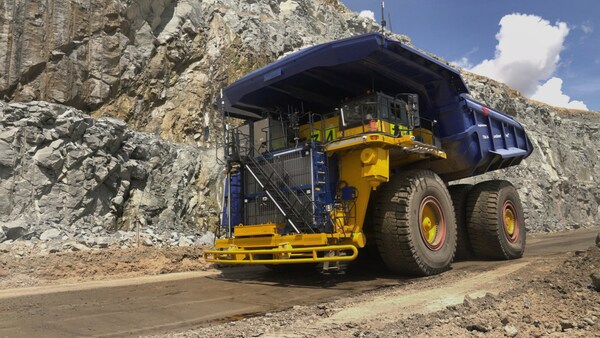There’s something intriguing, even frightening, about the image of an ancient horned serpent roaming across the land. Thanks to some suggestive fossils and legends of old, talk of such a creature isn’t a new concept. But the recent discovery of 200-year-old rock paintings found in South Africa now has scientists hypothesizing that this ancient creature may have been far more than just a legend.
The first formal scientific descriptions of this horned serpent—a supposed member of the dicynodont group—appeared in 1845. Considering the abundance of dicynodont fossils found in the Karoo Basin in South Africa, some have pondered whether this long-thought mythical horned serpent is rooted in reality.
The discovery of rock art dated to between 1821 and 1835 adds even more credence to the legend, as the painting is older than the first formal reference to the dicynodont. If we’re lucky, it could provide further clues as to just how intertwined this horned serpent was with South Africa’s indigenous San culture. READ MORE...

















